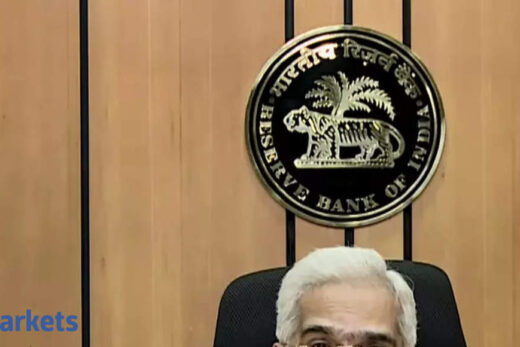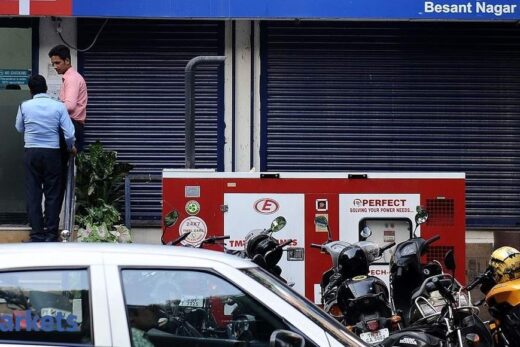Banks have time to comply with the new norms till January 1 2022 and have to renew their locker agreements with existing locker customers by January 2023, RBI said. Banks have been allowed to obtain a term deposit from the locker holder at the time of allotment covering three years’ rent and the charges for breaking open the locker in case of such eventuality to ensure lockers are used and rent paid on time. “Banks, however, shall not insist on such term deposits from the existing locker holders or those who have satisfactory operative account.
The packaging of allotment of locker facility with placement of term deposits beyond what is specifically permitted above will be considered as a restrictive practice,” RBI said. In case the locker rent is collected in advance, the remaining amount from the advance should be refunded to the customers during the surrender of the locker. In case of a merger or closure or shifting of branch warranting physical relocation of the lockers, the bank shall give public notice in two newspapers (including one local daily in vernacular language) and the customers will have to be intimated at least two months in advance along with options for them to change or close the facility.
Banks have also been asked to formulate a policy for nomination and release of contents to nominees. The contents have to be released within 15 days of the death of the depositor. “In order to ensure that the articles left in safe custody and contents of lockers are returned to the genuine nominee, as also to verify the proof of death, banks shall devise their own claim formats, in terms of applicable laws and regulatory guidelines,” RBI said.
Banks have also been directed to maintain a branch-wise list of vacant lockers as well as a wait-list for the purpose of allotment of lockers and ensure transparency in allotment of lockers. Customers who do have any banking relationship with the bank may also be given the facilities of safe deposit locker/safe custody article, RBI said.



